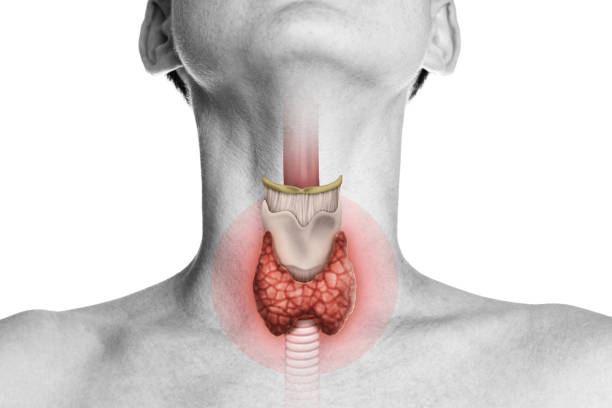+918048035590

This is your website preview.
Currently it only shows your basic business info. Start adding relevant business details such as description, images and products or services to gain your customers attention by using Boost 360 android app / iOS App / web portal.
Thyroidectomy In Chembur Thyroidectomy is a surgic...

Thyroidectomy In Chembur Thyroidectomy is a surgical procedure to remove all or part of the thyroid gland. The thyroid gland is located in the front of the neck and produces hormones that regulate metabolism and various bodily functions. There are different reasons why a thyroidectomy may be performed: Thyroid cancer: If thyroid cancer is detected, a thyroidectomy may be recommended to remove the cancerous tissue. The extent of the surgery will depend on the size and spread of the cancer. Benign thyroid nodules: Large or symptomatic benign (non-cancerous) thyroid nodules that cause breathing difficulties, swallowing problems, or other symptoms may require a thyroidectomy for their removal. Hyperthyroidism: In cases of severe hyperthyroidism that cannot be controlled with medication or other treatments, a thyroidectomy may be performed to remove a portion or all of the thyroid gland. Enlarged thyroid (goiter): A significantly enlarged thyroid gland that causes compression of surrounding structures, difficulty breathing, or swallowing issues may necessitate a thyroidectomy. The surgical procedure can be performed in different ways, depending on the reason for the surgery and the surgeon's preference: Total thyroidectomy: In this procedure, the entire thyroid gland is removed. It is commonly performed for thyroid cancer or cases of severe hyperthyroidism. Subtotal thyroidectomy: This involves removing a large portion of the thyroid gland, leaving a small part behind. It may be done for certain cases of hyperthyroidism or goiter. Lobectomy: Only one lobe of the thyroid gland is removed, typically when there is a solitary nodule or a benign tumor in that lobe. Minimally invasive or robotic-assisted thyroidectomy: These techniques use smaller incisions and specialized instruments, allowing for a less invasive procedure with potentially quicker recovery and less scarring. After a thyroidectomy, patients may need to take synthetic thyroid hormone medication to replace the hormones no longer produced by the thyroid gland. The dosage will be determined by blood tests and regular monitoring by a healthcare professional. As with any surgical procedure, there are potential risks and complications associated with thyroidectomy, such as bleeding, infection, damage to the vocal cords or parathyroid glands (which regulate calcium levels), and scarring. However, these risks are generally low, and the procedure is often well-tolerated. If you are considering or have been recommended for a thyroidectomy, it's important to have a detailed discussion with your surgeon to understand the specific reasons for the procedure, the potential risks involved, and the expected outcomes.

